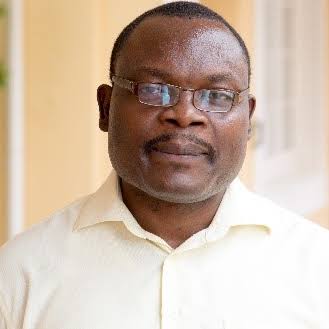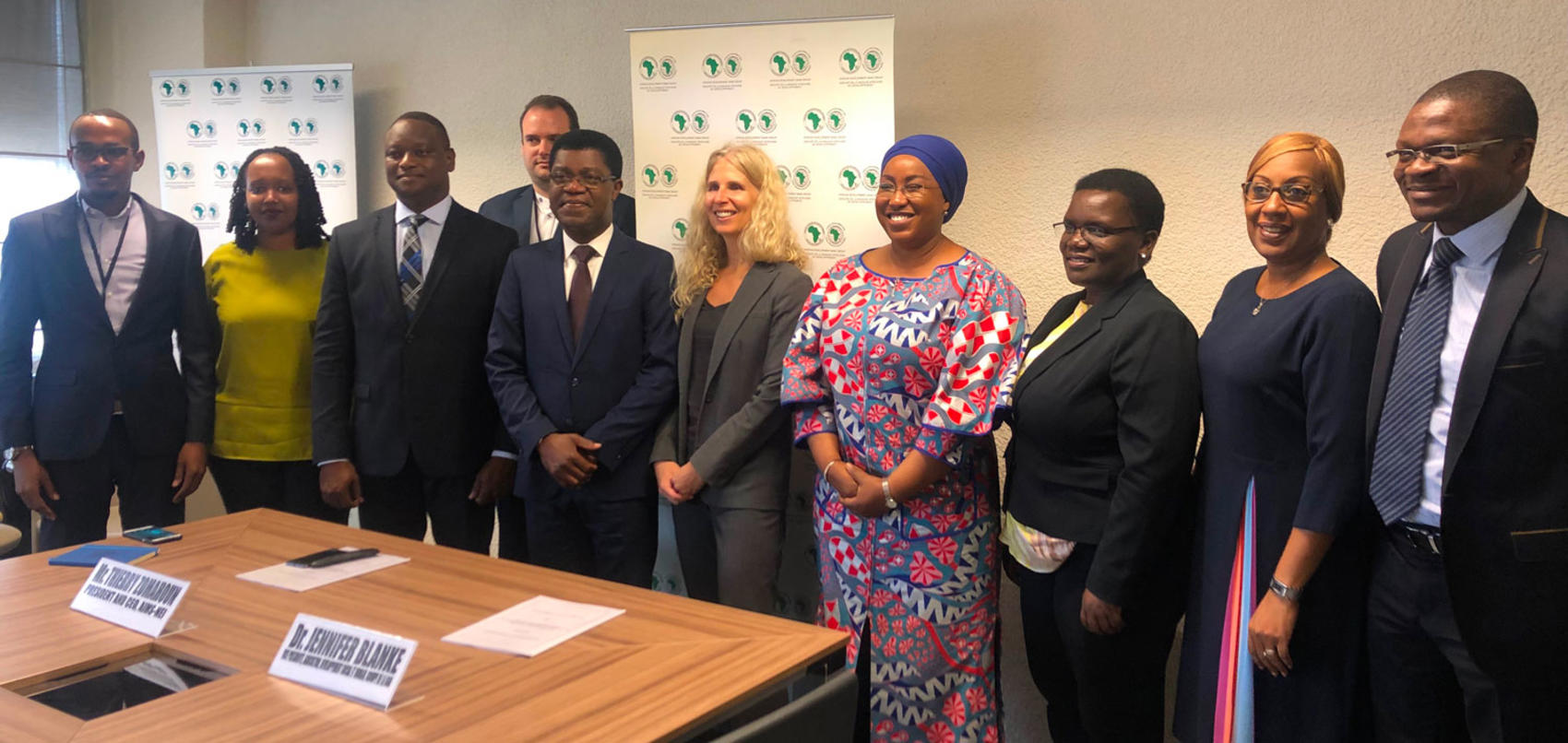Nature Publishes Research Paper on COVID-19 Pooled Testing Method
Nature Magazine has published an article titled “A pooled testing strategy for identifying SARS-CoV-2 at low prevalence”, following a study carried out in Rwanda. Conducted by researchers from the African Institute for Mathematical Sciences (AIMS), the Rwanda joint COVID-19 taskforce and the University of Rwanda, the study lays out an efficient and cost-effective method to optimise testing.

This approach to pooled testing is the result of a mathematical investigation led by Prof Wilfred Ndifon, a mathematical epidemiologist and Chief Scientific Officer at AIMS: “To approach the level of testing necessary to control COVID-19, you need to sample people intelligently and test; regularly, quickly. We have developed a method that can improve the capacity of countries to test massively and regularly at lower cost”, he said.
Read also:Why Africa beat the COVID-19 predictions By Aylin Elci
“We used to have an average of 1500 samples a day, providing feedback within 48 hours. Now with pool testing, within a day, we give the feedback to the patients”, said Prof Leon Mutesa, member of the Rwanda joint COVID-19 taskforce, lead experimentalist of the study, and Director of the Center for Human Genetics, University of Rwanda.
“Research is one of the most critical pillars of the AIMS ecosystem of transformation, and this study is yet another demonstration of the application of mathematics to real-world problems” said Lydie Hakizimana, AIMS Interim CEO. “We are delighted that the findings of this article, co-senior authored by our Chief Scientific Officer, Wilfred Ndifon and Founder and Board Chair, Neil Turok, will be instrumental in detecting and curtailing the spread of COVID-19 in Rwanda and beyond”.
Read also:African Development Bank wins global award for COVID-19 bond issue
The study introduces a new mathematical algorithm to optimise the pooling of samples, with the group of people to be tested represented by a set of points arranged in a hypercube, with three points on each side. The idea is to test every slice of the hypercube, and if there is a single infected individual in the group, then the positive slices indicate the position of that person in the hypercube. With field trials of the approach underway in Rwanda and South Africa, the use of group testing on a massive scale to closely and continually monitor infection in a population provides a promising pathway for the long-term control of COVID-19.
Kelechi Deca

Kelechi Deca has over two decades of media experience, he has traveled to over 77 countries reporting on multilateral development institutions, international business, trade, travels, culture, and diplomacy. He is also a petrol head with in-depth knowledge of automobiles and the auto industry




